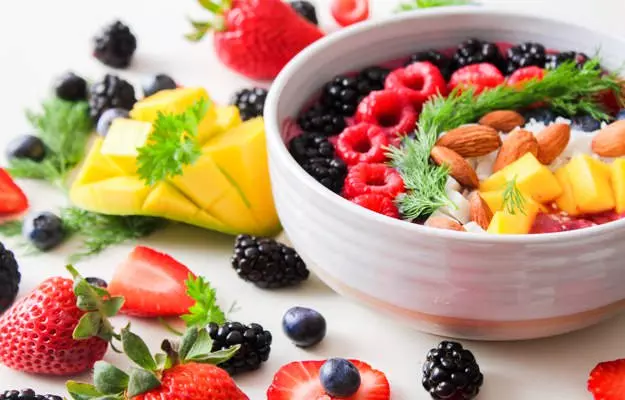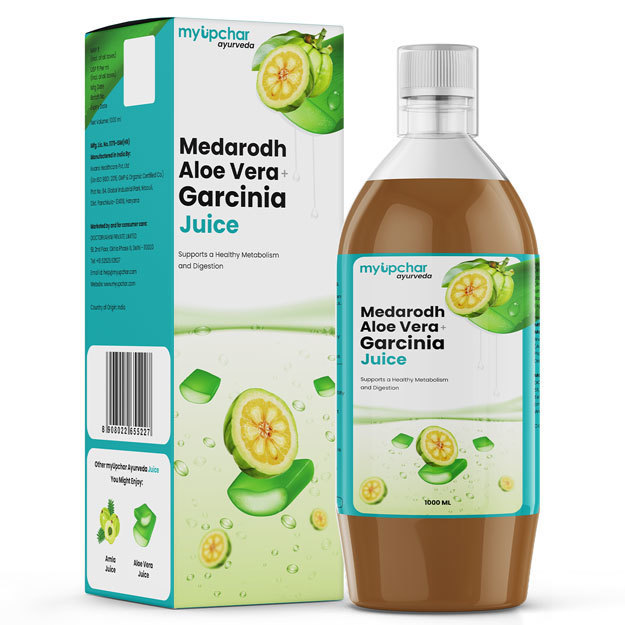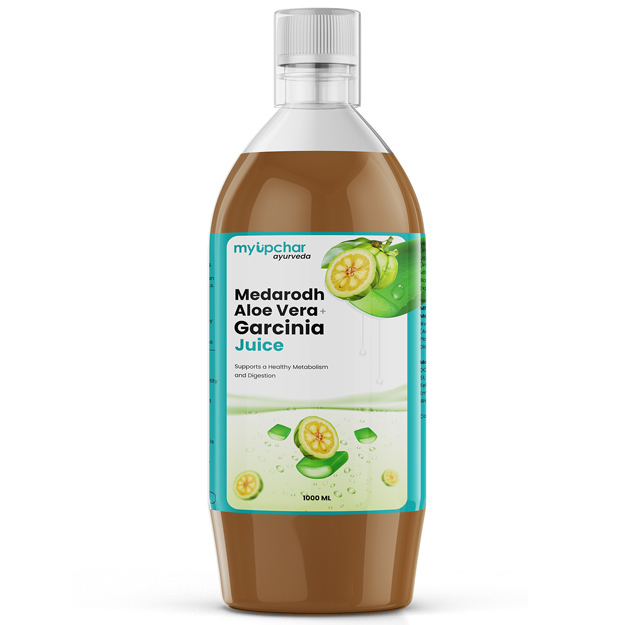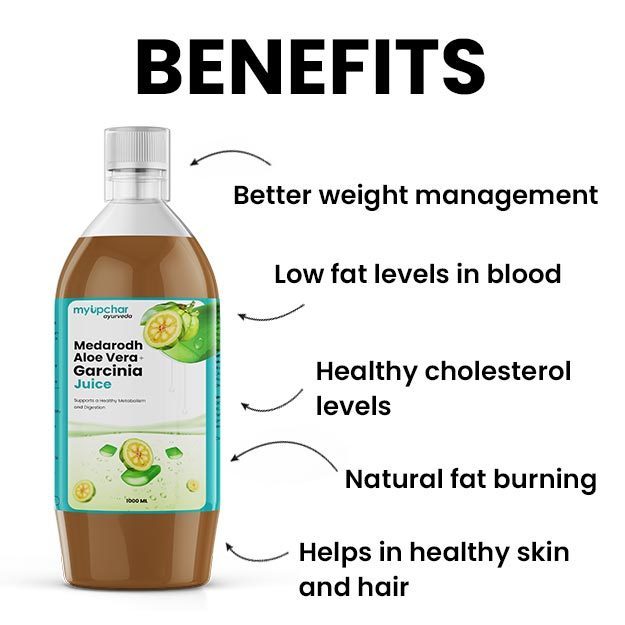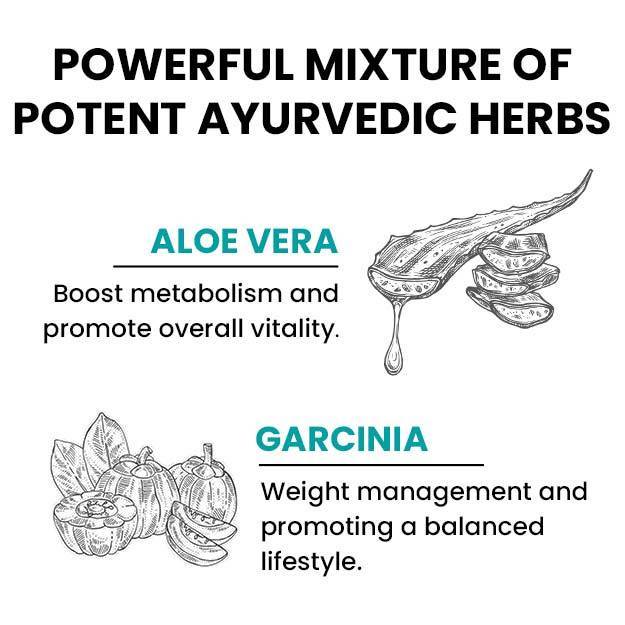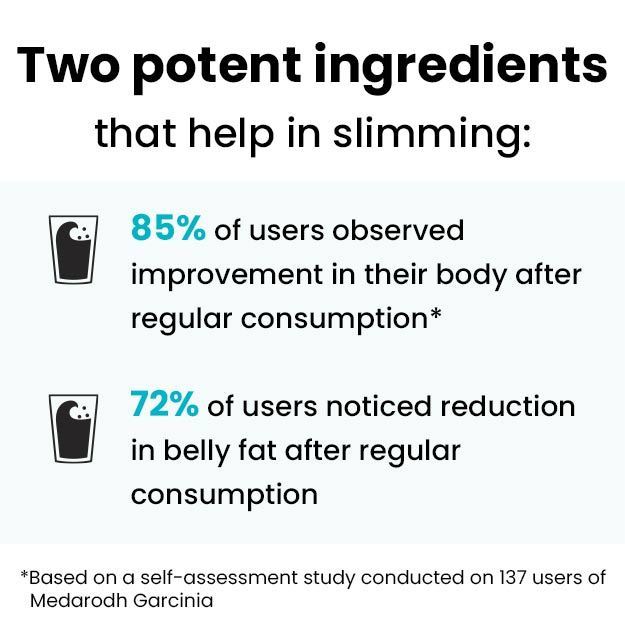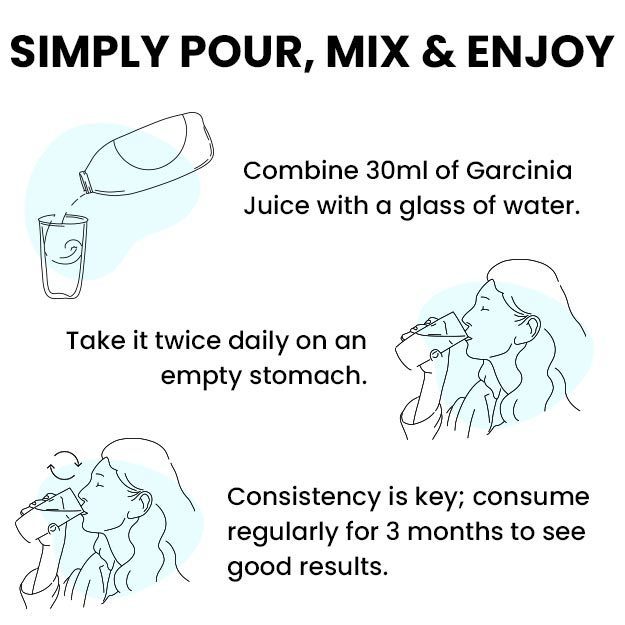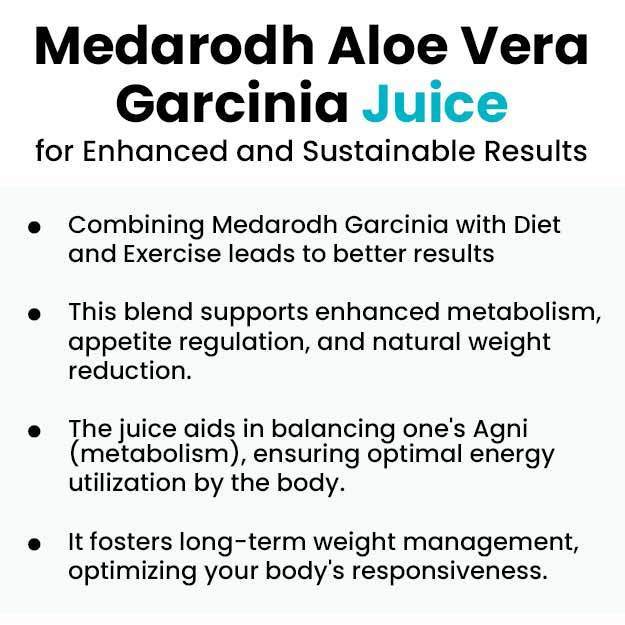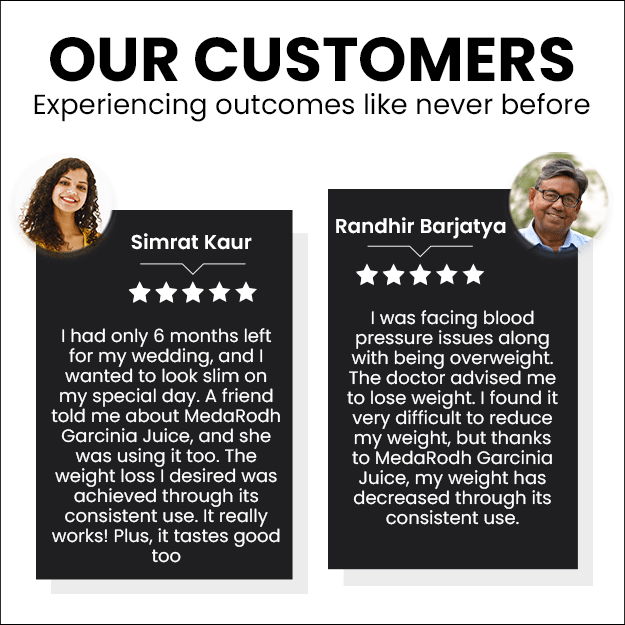As stated above, a healthy diet has all the essential components in the correct proportions. This implies that natural foods like whole grains, vegetables, fruits, nuts, salads, etc. must be present in ample amounts. They must form a major component of your diet, meeting most of your daily energy requirements. It has been recommended by the WHO to have at least 400 grams of fresh fruits and vegetables in a day divided into multiple servings. These foods contain carbohydrates, vitamins, minerals and fats in the correct proportions.
You should include a variety of fruits and vegetables like broccoli, spinach, apples, bananas, papaya, oranges, cabbage, tomatoes, etc. to achieve the best results. Other than providing you with energy, these fruits and vegetables are also rich in antioxidants, which help you in fighting diseases.
While it is recommended to have vegetables, you should not overindulge in eating potatoes, sweet potatoes or other starchy vegetables, as they are very high in carbohydrate content. Carbohydrates must, however, constitute 45% to 65% of your diet, depending on your weight and lifestyle. Most of the fruits taste sweet and have natural sugars like fructose present in them. Fructose is considered to be safe and is associated with a lower risk of obesity. Refined or processed sugars or free sugars, which are externally added to your diet must, however, be controlled.
WHO recommends a reduced intake of these sugars throughout the course of life, even in children. It recommends a daily dosage of lesser than 50 grams to meet 5 to 10% of your daily needs. While fats are considered unhealthy by many, WHO recommends that 30% of your caloric intake should be from fats, with less than 10% being from saturated sources. It is best to opt for natural foods like avocados, nuts, fish and other meats as your sources of fat.
Read more: Calorie chart for Indian food
While opting for oils, sunflower oil or coconut oil are considered to be the best. Avocado, fishes, eggs and certain kinds of meats serve a dual purpose and provide you with both fats and proteins. As recommended by WHO, proteins must form 35% of your diet, which will be briefly discussed ahead.
Now, as we all know, high salt content is linked to high blood pressure, which further increases the risk of cardiac disorders. So, it is best to keep salt consumption minimal. WHO has thus recommended reducing the intake of sodium/salt to lesser than 5 grams per day.
Read on to find out the importance of a balanced diet and its several components.
X

